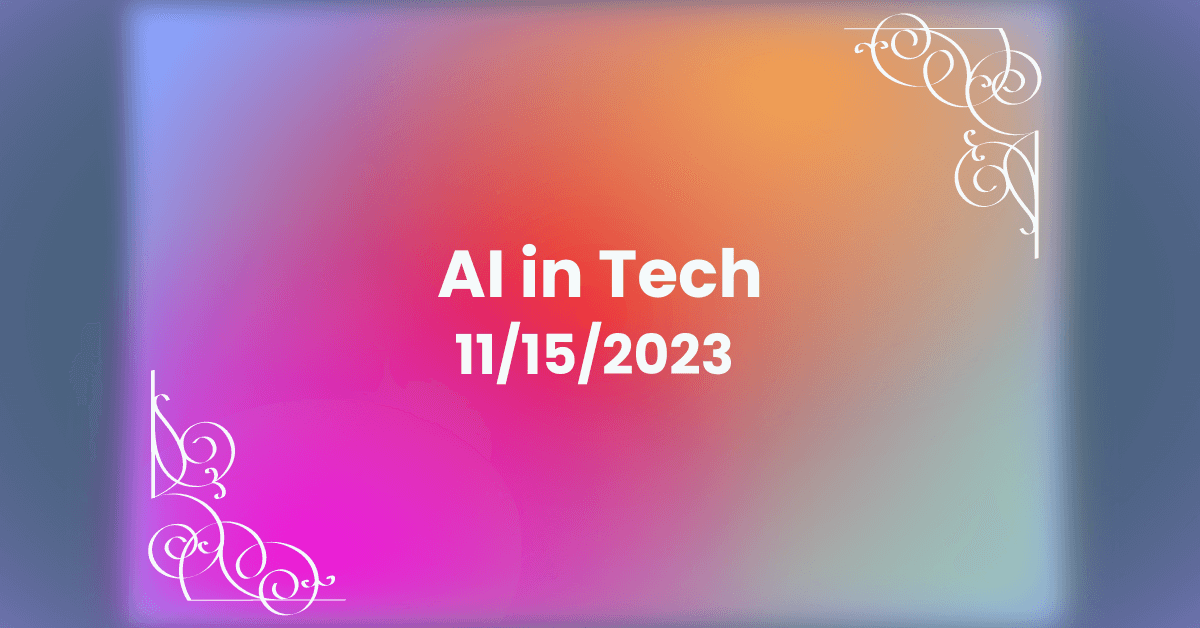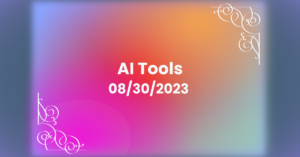AI’s Growing Influence on Tech and Business
In the ever-evolving landscape of AI, OpenAI’s first developer event marks a significant milestone, casting light on the potential trajectory of AI technologies and their applications. The announcements made at this event are likely to ripple through the tech community, influencing how developers, businesses, and consumers engage with AI. It’s a clear signal that OpenAI is not only at the forefront of AI research but also deeply invested in creating a robust ecosystem for its practical deployment.
Meanwhile, GitHub’s introduction of an enterprise plan for Copilot hints at a future where AI becomes more than just a tool—it becomes a tailor-fitted assistant that adapts to the nuanced needs of different codebases. This move could democratize high-level coding assistance, making it accessible to companies of all sizes and potentially leading to a surge in productivity and a reduction in entry barriers for software development.
The news of Hugging Face’s small team working on ChatGPT-like models is a testament to the agility and innovation inherent in startups. It serves as a reminder that in the domain of AI, groundbreaking work doesn’t always come from the giants with vast resources but often from small teams that push the boundaries of what’s possible with a focused vision and a lean approach.
The burgeoning AI startup scene in France is particularly noteworthy, showcasing a microcosm of global trends in the sector. The growth of startups like Dust, Finegrain, Gladia, Mistral AI, and Scenario highlights a regional dynamism that could forecast the emergence of new hubs of AI innovation outside the traditional Silicon Valley epicenter.
These developments underscore a broader theme in today’s tech narrative: AI is not a distant future—it’s an unfolding present. As AI tools become more sophisticated and integrated into different industries, the conversation is shifting from speculation to practical application. The emphasis now is on how businesses can leverage AI to enhance creativity, improve productivity, and maintain a competitive edge in a rapidly changing digital economy.







